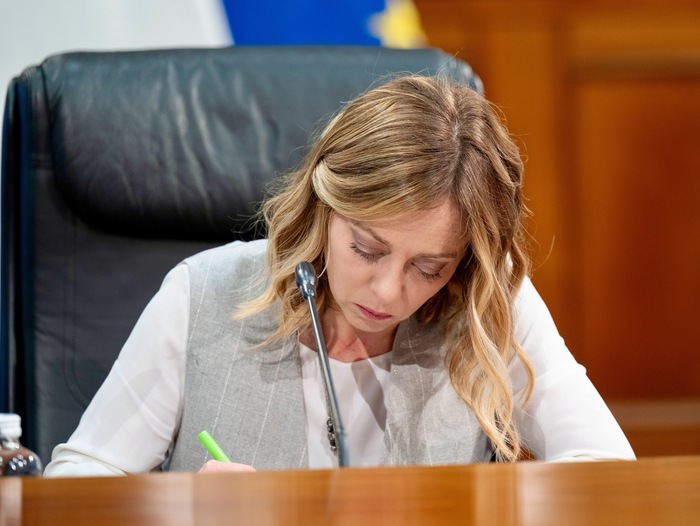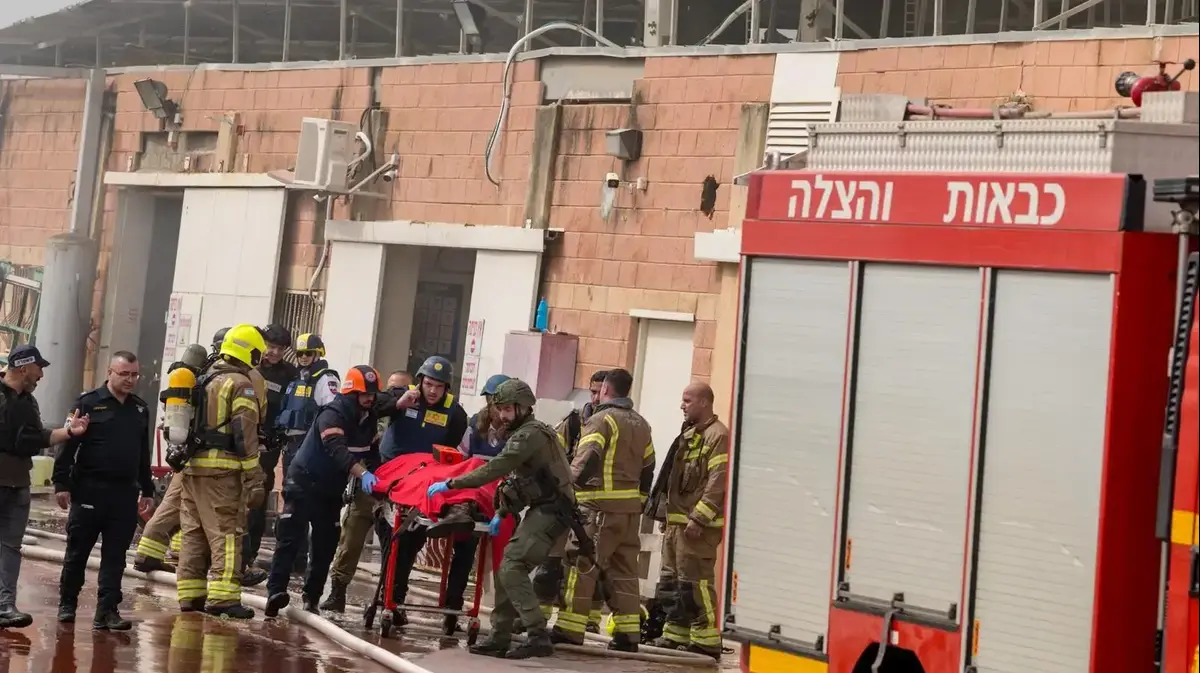Energy crisis as a result of the war: "We have a regional problem, in Bavaria"
Created: 07/30/2022, 21:16
By: Sandra Kathe
As one of the last nuclear power plants in Germany, "Isar 2" near Landshut is scheduled to go offline at the end of 2022.
But some are calling for its continued operation because of the Ukraine crisis.
© Marco Hadem/dpa
While environmental protection experts are warning of longer nuclear power plant operating times and, above all, restarting, politicians are already exploring the possibilities.
Berlin – Against the background of throttled gas supplies from Russia, some see a quick solution in a possible postponement of the nuclear phase-out, others warn of the consequences if the risky and long-term environmentally harmful technology is allowed to continue running or even revived more intensively.
It may be a while before decisions are made in the debate.
Above all from the Bavarian CSU, but also from its sister party in the rest of Germany, there are increasing calls to continue to rely on nuclear energy due to possible consequences of the Ukraine war and the resulting gas conflict with Russia.
It is planned and stipulated by law to shut down the last three German nuclear power plants – Emsland in Lower Saxony, Isar 2 in Bavaria and Neckarwestheim 2 in Baden-Württemberg – by the end of the year.
Nuclear power plant runtime extension in the energy crisis: politicians are discussing two variants
The two scenarios that are currently being demanded by politics and business are, on the one hand, a so-called "plug-in operation", a short-term extension of the operating time of the nuclear reactors that are still running, and for many, a restart of nuclear power plants that have already been switched off would also be conceivable.
While variant 1 is also considered conceivable by many rather critical politicians in the exceptional situation, most vehemently conclude a resumption of operation of other reactors, which is considered extremely expensive.
As one of the last nuclear power plants in Germany, "Isar 2" near Landshut is scheduled to go offline at the end of 2022.
But some are calling for its continued operation because of the Ukraine crisis.
© Marco Hadem/dpa
The "plug-in operation" is required above all in the case of the Isar 2 power plant in Lower Bavaria, after the CSU leader and Bavarian Prime Minister Markus Söder sounded the alarm and warned of massive problems in autumn and winter.
Federal Environment Minister Steffi Lemke (Greens) recently told the "Frankfurter Allgemeine Sunday newspaper": "If the stress test shows that Bavaria could actually have a serious electricity or grid problem, then we will evaluate this situation and the options that then exist."
Discussion about further operation of nuclear power plants: stress test should bring decision
Green Economics Minister Robert Habeck does not currently rule out categorically that the three nuclear power plants will continue to operate, but has ordered a new "stress test for the power supply" on the results of which a possible negotiation about continued operation should depend.
It seems unlikely that the results will result in continued operation of the nuclear power plants "for at least another five years", as CSU regional group leader Alexander Dobrindt considers "conceivable", according to a statement to the world.
For example, the President of the Federal Office for the Safety of Nuclear Waste Management, Wolfram König, is strictly against extending the lifetime of nuclear power plants.
König told the
Frankfurter Allgemeine Sunday newspaper
: "The social consensus that had been achieved with great difficulty would also be fundamentally questioned." After the nuclear disaster in Fukushima, Japan, in 2011, the Bundestag decided to phase out nuclear power by 2022.
SPD and Greens support the course of the coalition between Union and FDP.
Eight nuclear power plants were shut down immediately, the remaining nine will follow in stages by 2022.
The Greens politician Jürgen Trittin called for more electricity to be saved in the direction of the CSU.
"We have a regional problem, in Bavaria," said the former environment minister to the
Tagesspiegel
.
“The fact that the Bavarian Alps are snowed with snow cannons in winter has to be put to the test.
In Bavaria, we have a gigantic power-saving potential that is far in excess of what Isar 2 could deliver." (ska with dpa)






